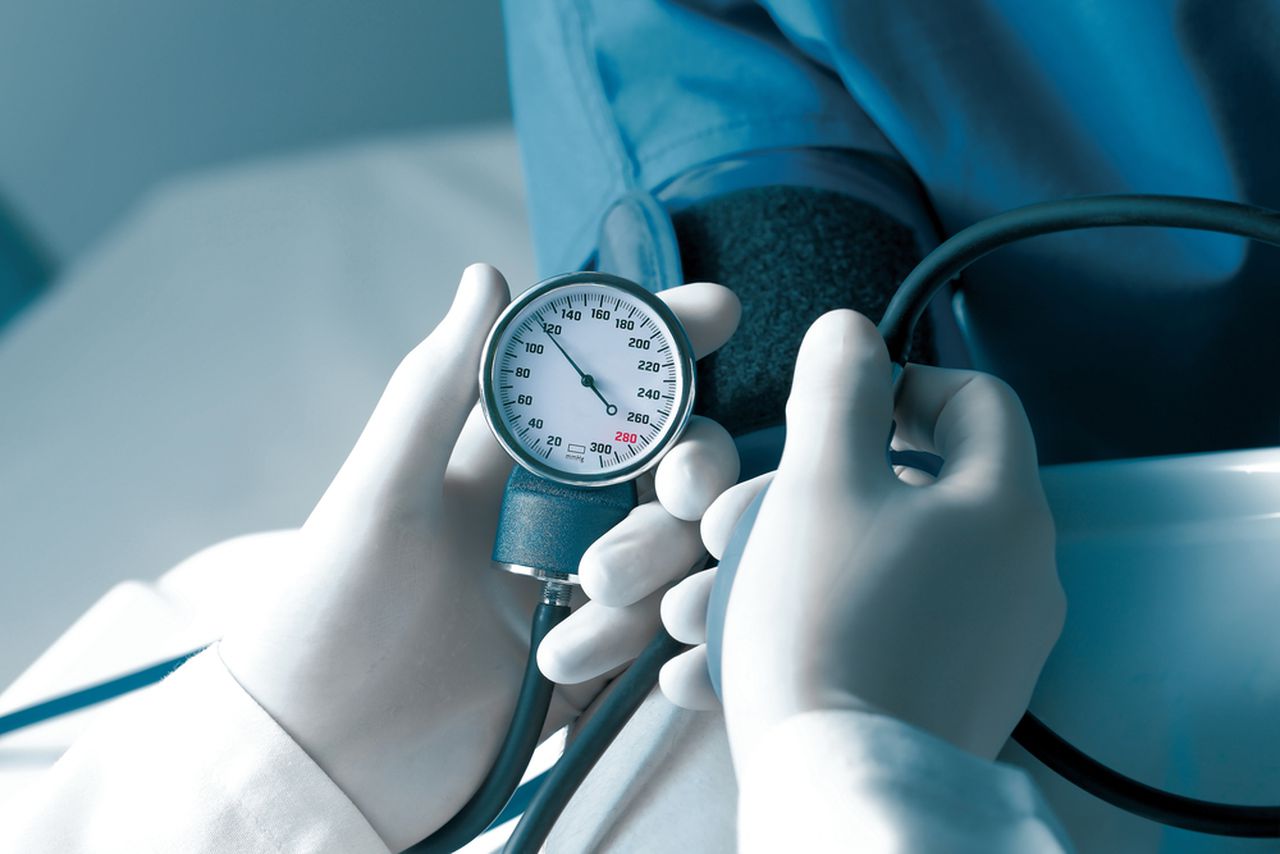
Infection control wasn’t in vogue when Ellis Island opened in 1892, but government leaders worried about newcomers bringing disease into the country.
Although few knew much about germs or hygiene, they knew some diseases were easily spread so they performed some cursory and cruel tests to check the health of new arrivals. Worst was the eye check. As newcomers ascended the main staircase, they were greeted by men wielding buttonhooks who grasped the lower eyelid of each person, pulled it down and peered into it. They were looking for signs of trachoma, a contagious disease leading to blindness. Anyone with extreme redness, small bumps under the eyelids or sensitivity to light was pulled out of line and sent to the infirmary to await the next ship back.
It was the most painful and feared exam on Ellis Island but not the only reason immigrants were denied entry because of perceived bad health. Rules said no one could be admitted with a “loathsome or dangerous contagious disease or mental deficiency.”
That was pretty subjective.
After weeks at sea in crowded conditions with poor diets, few new arrivals were in the best of health, but most made it through the process. No papers were required, but people had to respond to a series of questions about their health, job prospects and religion.
Unaccompanied children and young women were often turned away because it was feared they might require public assistance. Anyone who coughed a lot while being questioned was assumed to have tuberculosis and was also sent to the infirmary.
More than 3,500 people died on Ellis Island, but 350 babies were born there before 1950 when it closed.
Refugees and asylees to America are treated differently today, but health remains a major concern.
New Jersey established the Office of New Americans in the Department of Human Services by executive order of Gov. Phil Murphy on July 4, 2019. He said nearly 23 percent – two million – of New Jersey’s residents are immigrants, making New Jersey the third state after California and New York to have immigrant populations.
He noted more than a quarter million U.S. citizens in New Jersey live with a family member who is undocumented. The new office promotes outreach, training and community support to help immigrants transition to life in our area.
Like in the old days, a major focus is on assuring they are healthy and can remain so.
All refugees must have a domestic medical screening within 90 days of arrival and the ONA refers them to one of five Federally Qualified Health Centers — including the North Hudson Community Action Center, where I am president and CEO — for the exams. After they are screened for vision and dental problems, immunized, and discuss nutrition, sexual and reproductive health, they’re tested for HIV, TB, hepatitis, intestinal parasites, lead and malaria, as well as any other health issues they complain about.
If any health problems are discovered during the exams, we treat those we can and refer to other physicians for those needing more than primary care. We are required to complete state forms with health information for all refugees assigned to us. And while they are registered as patients, there’s no requirement that they ever return to us.
I must stress these are official refugees, not anyone who sneaks into the country, finds shelter and is unknown to government sources. They don’t get official health screenings but can receive health services from any FQHC or caregiver who accepts people without documentation.
Kids wanting to attend schools in New Jersey must have health exams and be vaccinated against a host of diseases before entering.
Last year, according to the ONA, there were 150 known arrivals from Syria, 45 from Afghanistan, 85 from Colombia, 45 from the Democratic Republic of the Congo, 35 from El Salvador, 4,200 from Haiti, 1,600 from Cuba and 850 from Ukraine.
Along with other select groups of newcomers, like human trafficking victims, they are eligible to enroll in New Jersey Family Care, Medicaid, SNAP and TANF (Temporary Assistance for Needy Families).
For more information, go to cdc.gov/immigrantrefugeehealth/guidelines/domestic-guidelines.html.
A former assemblywoman from Jersey City, Joan Quigley is the president and CEO of North Hudson Community Action Corp.
Send letters to the editor and guest columns for The Jersey Journal to [email protected].
